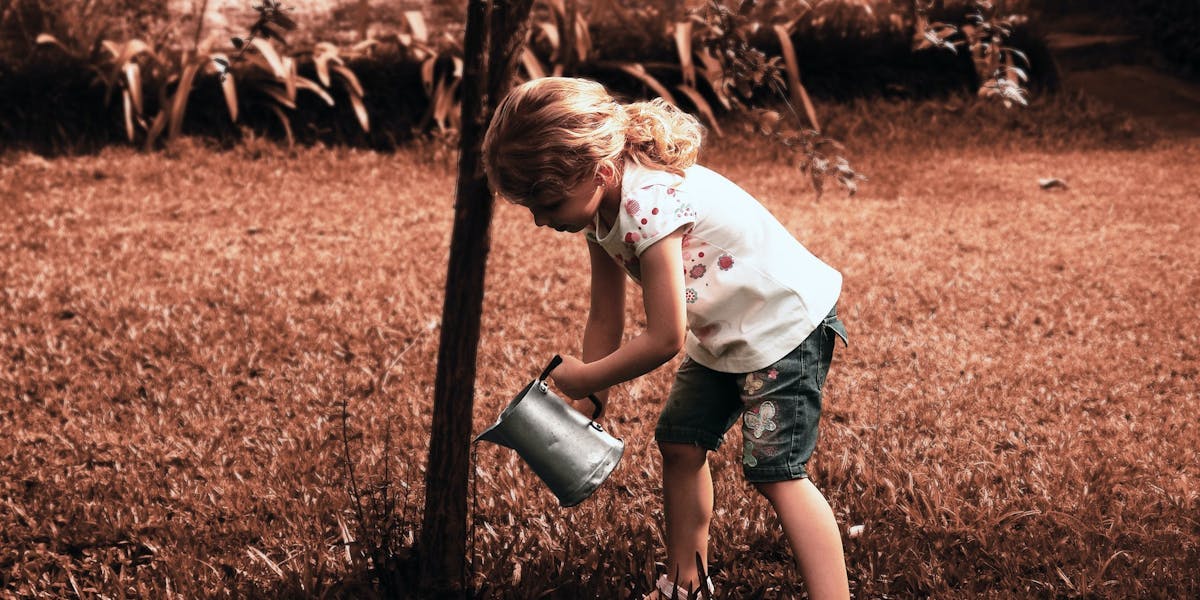Lifestyle
How Much Water Do We Need To Produce Food?
4min read
From a cup of tea to tonight’s dinner, everything has a water footprint that tells the story of how it came to reach you; but what does this really mean? Keep reading to discover the water footprint of agriculture.
Everything we eat, drink and buy has a water footprint, so how can we understand just how much water is used to produce the things we buy?
What is a water footprint?
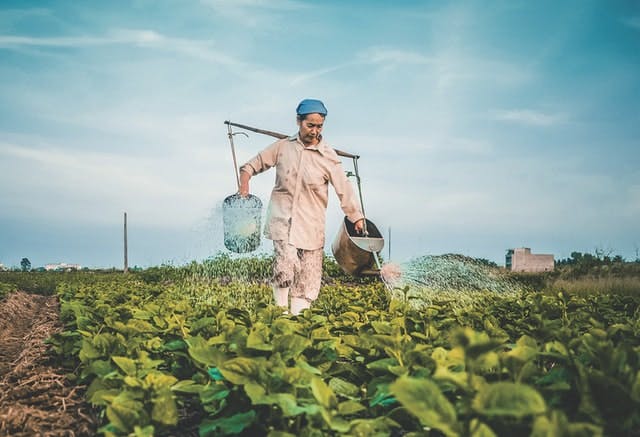
A water footprint measures the volume of water that’s used to produce an item from start to finish; let’s take a bottle of wine as an example. It would be easy to look at a 750ml bottle of wine and think that its water footprint might be just that, 750 millilitres. But, in fact, it takes a whopping 720 litres of water to produce one bottle. Most of this can confidently be attributed to growing the grapes, but some are down to producing packaging like bottles, labels and boxes.
What is the national average water footprint for the UK?
You might suddenly be wondering just how much water you’re unknowingly consuming every day and the answer might shock you. According to UK Water Footprint and the WWF, even though the average person in the UK uses around 150 litres of water daily, ‘our consumption of produce from other countries means that each of us effectively soaks up a staggering 4,645 litres of the world’s water every day’.
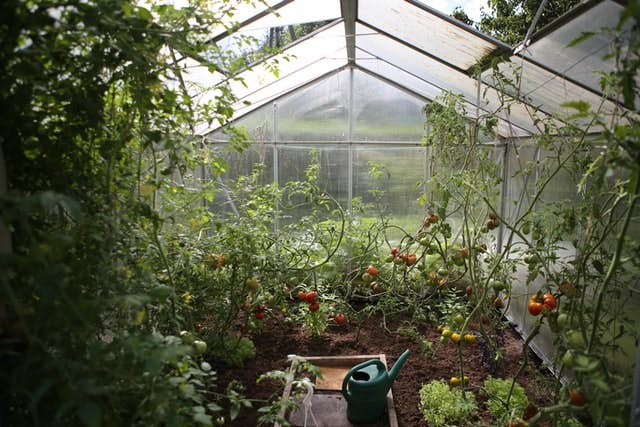
This water consumption is given the name ‘virtual water’ and is the volume of water used in order to grow crops that make the food we eat and the clothes we buy.
Common water footprints
Here are a few common water footprints of everyday items:
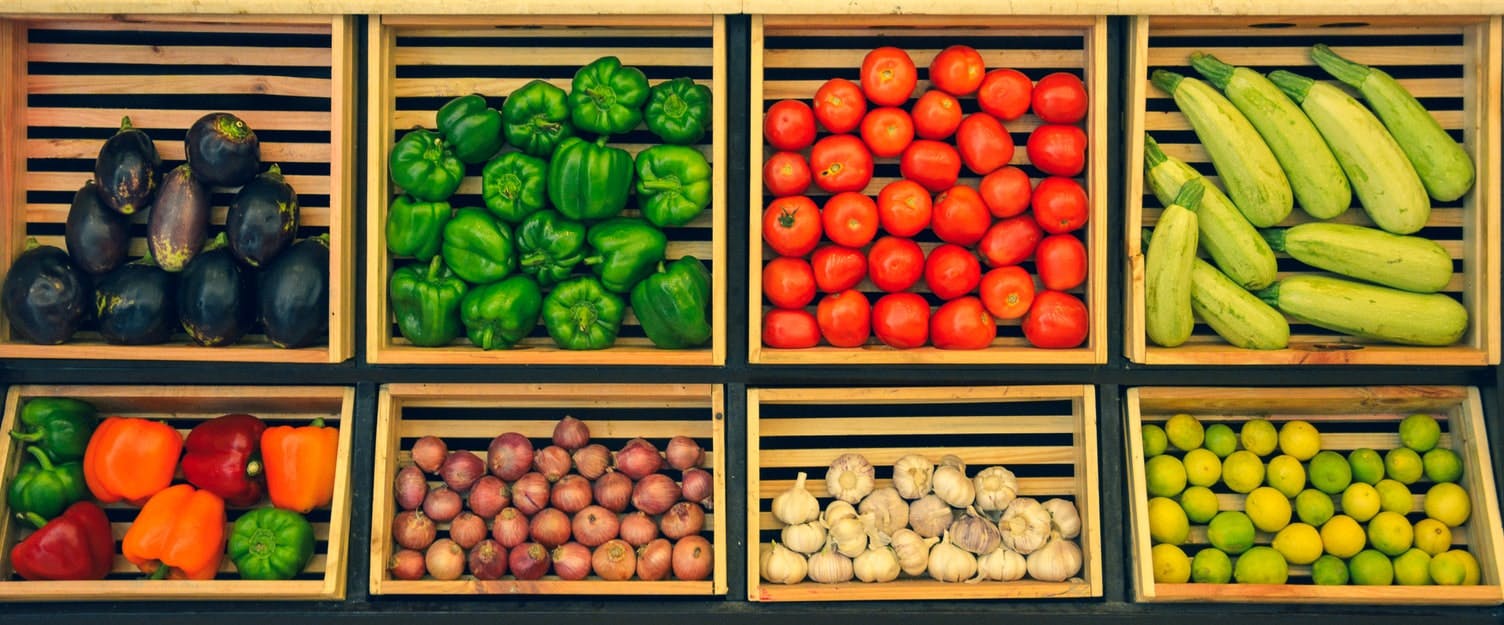
- The water footprint for beer is 168 litres per pint
- A 125ml cup of coffee has a water footprint of 130 litres
- It takes 2497 litres of water to produce 1 kg of rice
- The water footprint for an average aubergine is around 130 litres
- And to make 1 kg of dried pasta takes 1849 litres
Water use in agriculture
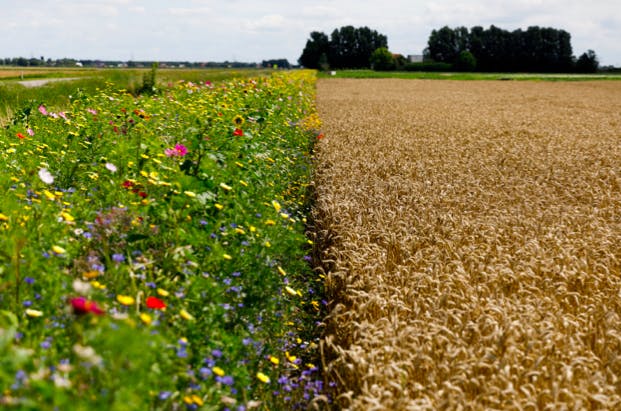
If you’ve been wondering how much water is used for agriculture in the world, then have we got the facts for you. According to Our World In Data, roughly 70% of global water consumption is used in agriculture, with the highest scoring produce being livestock like beef, sheep and pork (which also accounts for the water used to grow their feed). Nuts are also high up on the list, specifically almonds; with the water footprint for one California almond averaging at a whopping 12 litres in a part of the world where surplus water is hard to come by.
How are farms and companies reducing their water footprints?
Water consumption is a big topic for farmers and producers across the globe. Here are some of the methods used to drastically reduce water consumption.
Farms:
- Drip irrigation – a drip irrigation system allows the steady flow of water to the roots of crops, reducing a water footprint by minimising evaporation
- Hydroponics – this one might seem to be counterproductive at first as it involves growing crops directing in tanks of water rather than soil, but the water is on a closed-loop and is endlessly recycled
Companies:
According to an article from The Guardian, in order to reduce their water footprints, companies should:
- Recognise the value of water
- Measure how much they use
- Engage their suppliers on water management
- Use new technologies to track water use
- Get everybody on board from CEOs to interns
- And collaborate to come up with productive and innovative solutions
Check out our environment page for similar articles.
By Fabian Jackson
Fabian is one of our lovely Content Marketing Assistants who loves writing almost as much as he loves coffee, old episodes of Escape to the Country (no judgement here), and cooking up a storm in his kitchen.
Let us take care of dinner
We help to make eating more plants easy and delicious. Fancy letting us take care of dinner? Check out our delicious meals here.
Shop now
